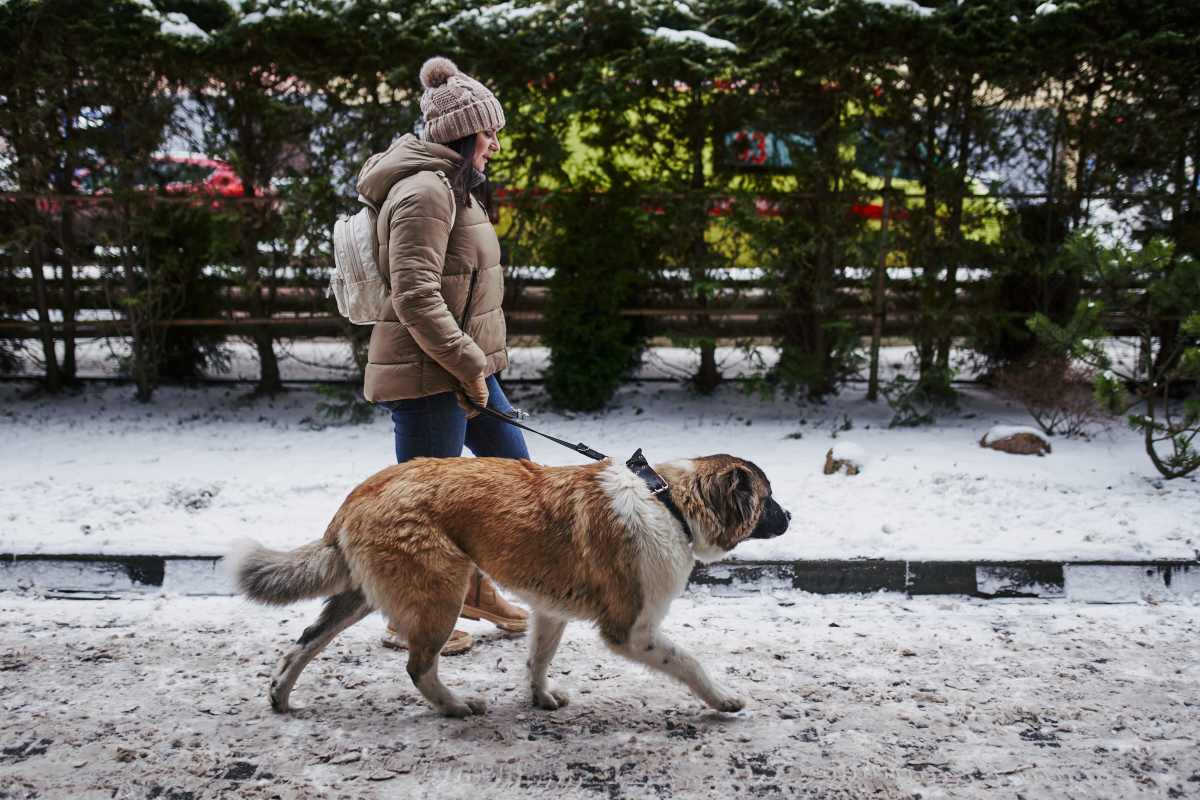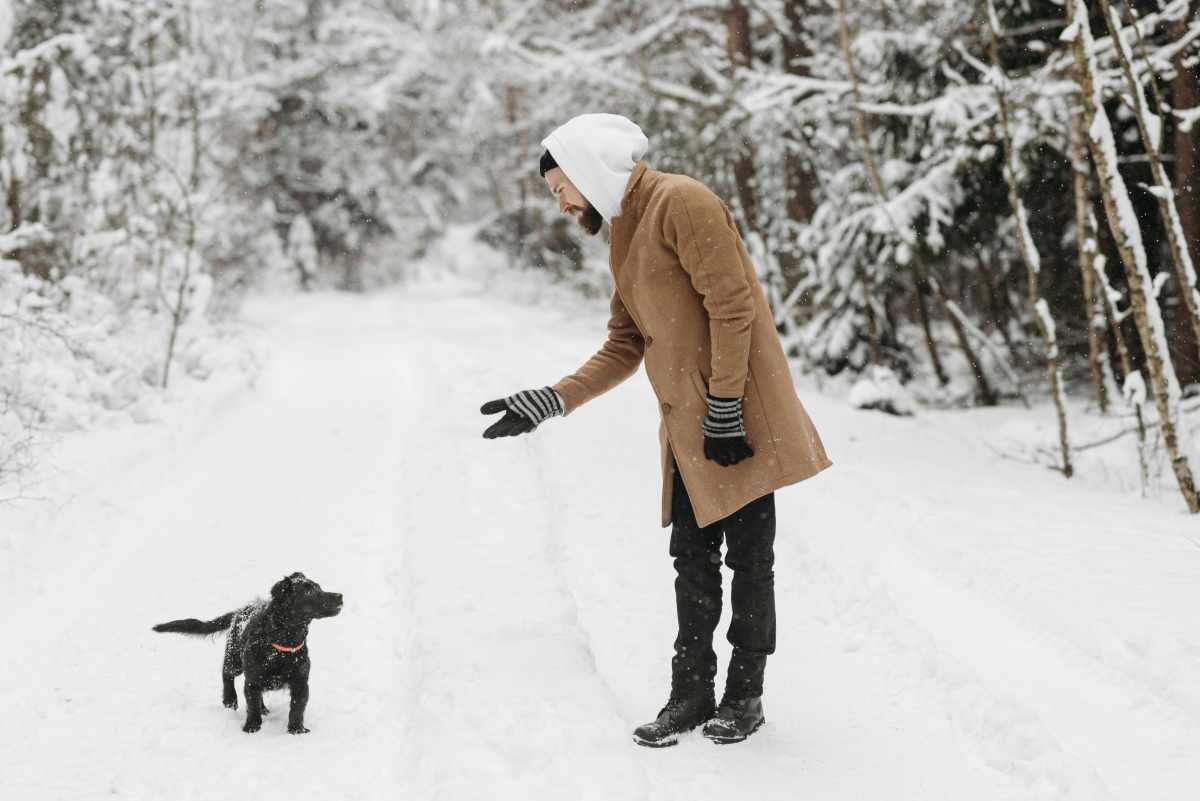There's a sweet-tasting danger spread everywhere in winter that dogs find irresistible — and it can be deadly

Pets bring joy and warmth to our homes, but the colder months also come with hidden dangers for them. Dog owners, in particular, need to be cautious during winter walks, as some common substances can pose serious health risks. Experts have highlighted that even everyday areas like roads could hide risks that pets might not avoid. Many pet owners may not realize that simple winter conditions, such as frost or scattered debris, can make outdoor areas more hazardous. Extra vigilance is needed, as some of these substances, though seemingly harmless and even appealing to pets for their sweet taste, can cause serious health issues in dogs even with brief contact.

As reported by Express UK, animal experts have issued a warning about antifreeze and rock salt, which are often found on roads and pavements in cold weather. Authorities emphasized that these substances, although used to prevent ice and snow buildup, can be fatal if dogs lick them off their paws or fur. The RSPCA advised pet owners to carefully wipe their dog’s feet, legs, and tummy after any outdoor activity to remove traces of these chemicals.

Rock salt, a combination of salt and grit, is particularly dangerous. The charity explained that even a small amount can significantly raise a dog’s blood sodium levels, leading to symptoms such as excessive thirst, vomiting, or lethargy. In severe cases, dogs may suffer convulsions or kidney damage. Dogs are naturally curious and may lick the salt from the ground or their fur, making seemingly short walks a potential risk. The RSPCA stressed that owners should act quickly if they suspect their pet has come into contact with these substances.

If a dog shows signs of discomfort after exposure, pet owners should wash the affected areas with a mild, pet-safe shampoo and water, then dry thoroughly. Seek immediate veterinary care if ingestion seems likely. The RSPCA noted that only a veterinarian can safely assess the blood sodium concentration and provide proper treatment. Owners should never attempt to induce vomiting themselves, as this could worsen the situation. Quick action prevents serious health complications and, in extreme cases, saves a dog’s life. Winter care for dogs involves more than just keeping them warm. Regularly cleaning a dog’s paws and fur and seeking prompt medical attention when needed are key steps to ensuring pets stay safe throughout the season. By taking these precautions, owners can enjoy winter outings with their dogs without exposing them to avoidable risks.

As reported by Purdue University, antifreeze, also known as ethylene glycol, poses serious risks to pets and humans alike and requires careful attention. It is a brightly colored, sweet-tasting liquid that can be deadly to pets and humans if ingested. Dr. Sarah Steinbach warns, “Pets who have ingested the liquid may present as if they were intoxicated because ethylene glycol is an alcohol,” showing hyperactivity, nausea, or wobbliness. She adds, “As it gets colder and colder, we will see more and more cases of ethylene glycol poisoning, unfortunately.” The chemical itself isn’t toxic, but once metabolized, it can cause severe kidney damage.